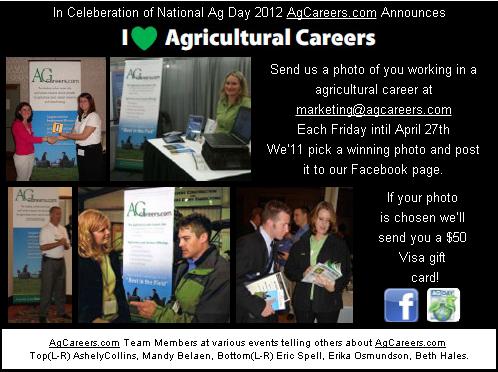As a job seeker the reference issue is kind of a scary and confusing thing to think about. We’re scared because we hope that when the potential employer calls on a former boss or peer that they don’t make us look bad. On the other hand, we’re stumped on things like whether to list someone who is hard to reach or out of business. The list of questions about references is numerous, so let’s see if I can help you with some of the primary ones.
- Don’t put your references on your resume. As I often say: “References are like produce. They can go bad quickly.” Your resume may live on in an Applicant Tracking System for a long time. The reference information can easily become outdated by the time your resume is used.
- Refresh your reference list each time you distribute it. You don’t want to over-use any one person no matter how glowing their remarks are about you. Ask a business contact if they would be willing to give you a reference any time you have a hot interview coming up. Be aware their situation may change and they may not have time for the request.
- Will they contact your former bad boss and what will they say? You have to assume that even if you don’t put down a former boss on your reference list, they may contact your previous places of business from your resume and therefore, a former boss. These days, many businesses have policies against giving any performance feedback or opinions when called for reference. If you were lucky enough to work for that kind of company, then you shouldn’t worry too much about bad input, but it could still happen. If you didn’t work for that kind of company, it’s open game about what could be said. The thing that is in your favor is that they may not check or may not check with that company.
- Will they contact your current boss? Most hiring managers realize that contacting your current boss may put your job in jeopardy. It is totally acceptable to specifically request that they not contact your current place of business – they will understand.
- What if my former business is closed and they can’t contact anyone? These things happen, especially in recent years. If your previous employer has closed their doors, indicate as such on your resume and also your reference list if you have them on it. The thing you do want to do on your reference list is to supply the hiring team with a way to get hold of someone who can give them your reference. If you can’t supply contact information wherever these people have gone, don’t put them on your reference list.
- What if I worked out of the US and want to use former employers as a reference? Hiring teams love references wherever they are. Your job in giving a reference is to supply the team with a way of contacting them. Email makes contacting someone easy and inexpensive.
- What is a “letter of reference”? Should I have one? A letter of reference is typically written in advance of a time when you are actually pursuing a specific job. Sometimes when you leave a place of business you can ask for a letter of reference and that is a totally acceptable request. A letter helps keep down the demand on your previous boss for giving reference information each time a former employee looks for a job. Once you have a letter, it is yours to share and distribute as you see fit for the situation.
- Should I only ask former bosses to be a reference or can I use other people I worked with?It is entirely acceptable to use non-boss individuals to act as a reference. It helps if that person is in a managerial position because the credibility of their reference about you is higher than if that person were simply a work peer. The person you use as a reference should be in a position of assessing your performance to a hiring manager.
- What should I do if I think someone gave me a bad reference? This is a touchy issue. People have been known to get sued for giving references. Usually you will never really know for sure if that has occurred. Very little feedback is given to job seekers on anything including what references have said about you. If you are concerned, you could call the person yourself and ask directly, but don’t expect to hear the full story.
- Will the hiring team really call all of my references? You never know in advance what the behavior of the hiring team will be. Many people are lazy and simply won’t bother to call references, as they will rely on their own opinion of you from the interview. Others will call every business on the resume and everyone on the reference list. I have been used on countless reference lists, but have been called only a couple of times in several decades.
- When I create my reference list, what kind of information should be on it? You want to have the following: Name of person, business relationship, place of business, phone number and email address.
Your reference list can act as a powerful tool in your job search kit. You do want to think through whom the best people will be who can represent you well and be credible to the hiring manager. After that, there is a bit of ongoing management of your reference list, but it will be well worth it in
For more career tips and advice from Career Coach Dorothy Tannahill-Moran, visitwww.nextchapternewlife.com.


